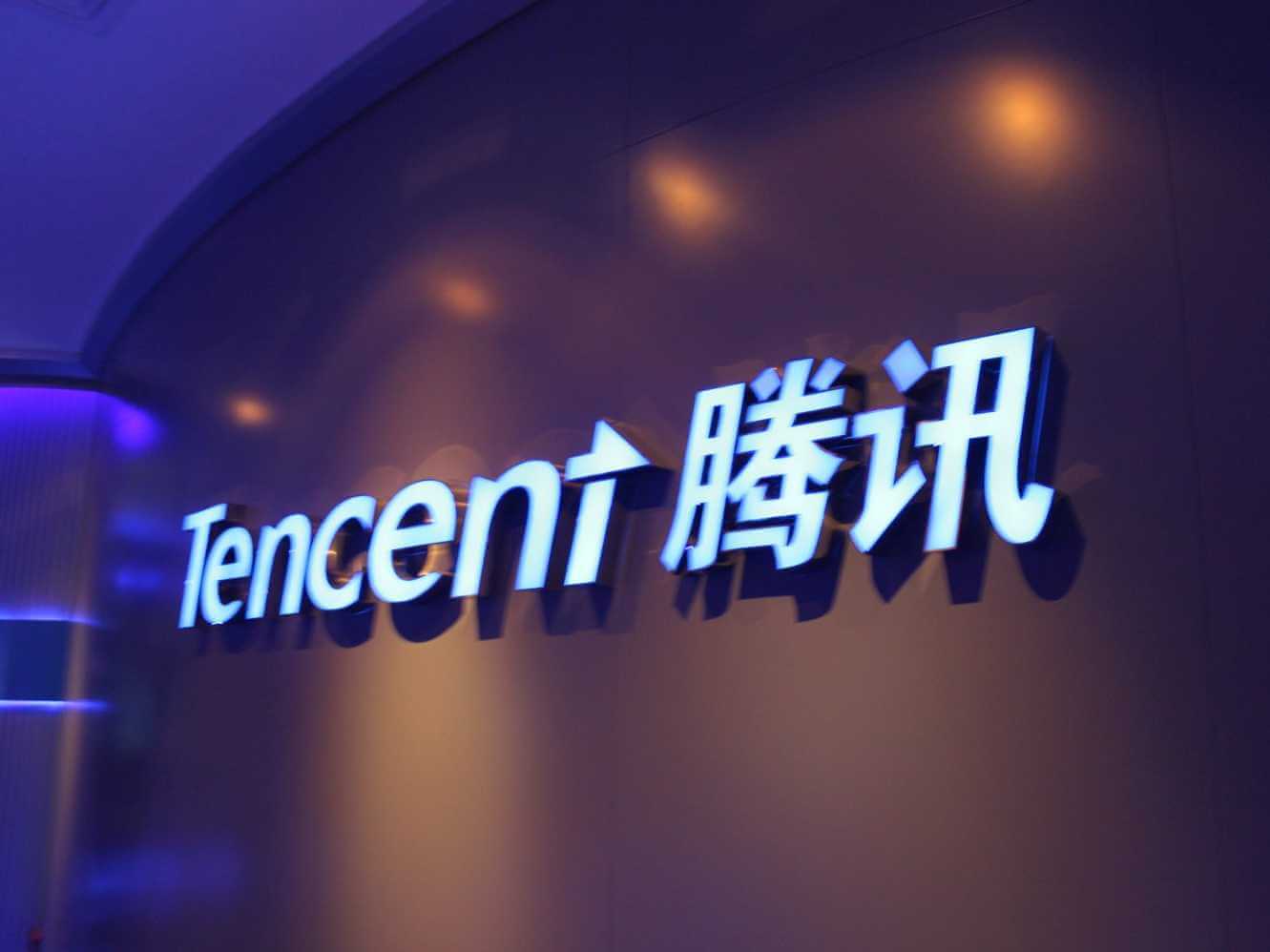The big picture: China is one the largest global markets that Google has little presence in due to censorship requirements. Instead of directly agreeing to filter search results for the Chinese government, Google is strategically partnering with other businesses already active in Asia.
As parts of Google's strategy to become more deeply rooted in China, $550 million is being invested into e-commerce site JD.com. This places Google squarely as a competitor to Amazon in the online retail space.
Investment into JD.com is only one part of a larger partnership with Google. Items listed for sale on JD.com will be promoted through Google's shopping search results. With some significant assistance from Google, there is opportunity for JD's expansion into European and US markets.
Given that many of Google's traditional web services are blocked in China, their investment is yet another way to get a foot in the door. Other investors in JD.com include Tencent Holdings and Walmart.

For Google's contribution, Alphabet will receive 27.1 million shares of newly issued stock. However, Google will still own less than one percent of the company due to its massive size.
On the other side of the aisle, Alibaba remains a leader in Chinese e-commerce. SoftBank has been heavily investing into online ventures around the world and is one of the major backers of Alibaba.
Google's analytics and market research information will be paired with JD.com's experience in managing inventory of physical goods and handling logistics. "This partnership with Google opens up a broad range of possibilities to offer a superior retail experience to consumers throughout the world," stated JD.com's chief strategy officer Jianwen Liao.
In this case, it appears that the greatest value within the partnership is the data that Google can bring to help JD.com grow outside of China. In return, Google is receiving indirect access to one of the world's largest markets without having to cave in to government imposed censorship.
